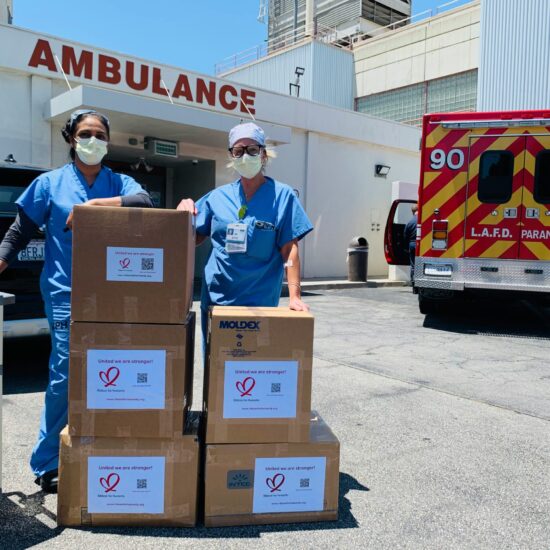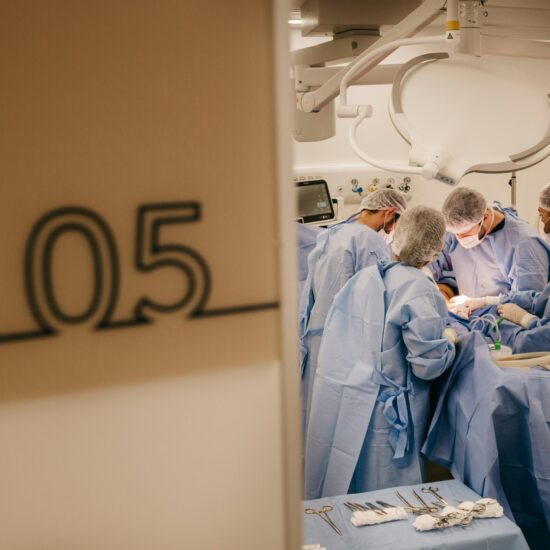
Hannah Rosenzweig, MPH is a documentary filmmaker, producer and public health advocate. This is her second in a series of blog posts about food policy and the urban food movement in New York City.
“There are some who think that food is a fringe issue, one that doesn’t matter to average New Yorkers… There are those who say we can’t afford to talk about food when we’re still reeling from a recession. To that I say we can’t afford not to talk about food right now. “– New York City Council Speaker Christine Quinn, November 2010
On November 22, 2010, New York City Council Speaker Christine Quinn unveiled FoodWorks – a report with a set of policy goals she calls “A vision to improve NYC’s Food System.” The project was presented to an audience of city government folks, food experts, activists, some business leaders, media, etc. at the Food and Finance High School in Manhattan. It was a lively event that included spirited speeches from a high school senior, a NY State farmer, the speaker herself and a few shout-outs from the audience demanding support for community gardens. FoodWorks has been hailed as the most comprehensive food report the city has ever seen. It covers five keys areas including agricultural production, processing, distribution, consumption and post-consumption. The 90 page, 59 point report is online and worth taking a look at.
I was particularly interested in the links she drew between the food system and economic growth. Quinn offered concrete avenues for job creation and development – a smart way to show food isn’t just a fringe issue but central to the everyday workings of the city. One great example is salad greens in public schools. Every year the city buys $300,000 worth of lettuce for school cafeterias. All of it is imported from Maryland and California, even though farmers right here in New York grow the same greens. Why? Because before the greens are served in salad bars they must be “processed” i.e.: washed, cut and bagged. It turns out NYC does not have a wash, cut and bag facility so lettuce must be driven or flown in. “Let’s get one!” Quinn says, “If you’ve driven through the Bronx lately, there are empty buildings. Make one into a wash, cut, bag facility that will ensure people in the Bronx can get jobs.” Of course, having a local facility will also support local farmers and reduce the pollution caused by importing greens from out-of-state.
Quinn also talked about the importance of connecting small businesses working in the food industry. Damascus Bakery, an 80-year old pita company based in Brooklyn, could be buying onions and garlic for their pitas locally. And both Damascus and their local suppliers could be selling their products at more corner stores throughout the city. Quinn says it’s the city’s job to make connections between these business owners. She’s also focused on keeping growing businesses like Damascus working within city limits – not moving facilities elsewhere because of cheaper rent.
Perhaps the most important part of the report deals with the 1 million New Yorkers that struggle to put food on the table every day. Right now, New Yorker City residents have to be fingerprinted in order to get food stamps. This deterrent keeps thousands of people unable to buy enough food everyday. It also means the city loses $54 million a year in federal benefits, funds that would strengthen the food-related economy. Quinn called for an immediate end to this “archaic” policy.
Food is a hot political topic in New York City. Besides Christine Quinn’s plan, Manhattan borough president Scott Stringer announced his FoodNYC program in February 2010. Governor Cuomo issued a policy book on food during his campaign last year, calling for increasing agricultural production and improving access to healthy food. Public Advocate Bill DiBlasio has prioritized increasing enrollment in food stamps.
What will it take for Speaker Quinn’s ideas to come to fruition? The first FoodWorks legislation could be brought to the Council floor this month. Quinn says realizing her policy goals will require strategic partnerships between other city agencies, the Mayor, businesses, the state and federal government and city residents. I’ll be keeping a close eye on how these ideas pan out over the coming year.
You can also watch Quinn’s presentation on the City Council’s youtube channel








